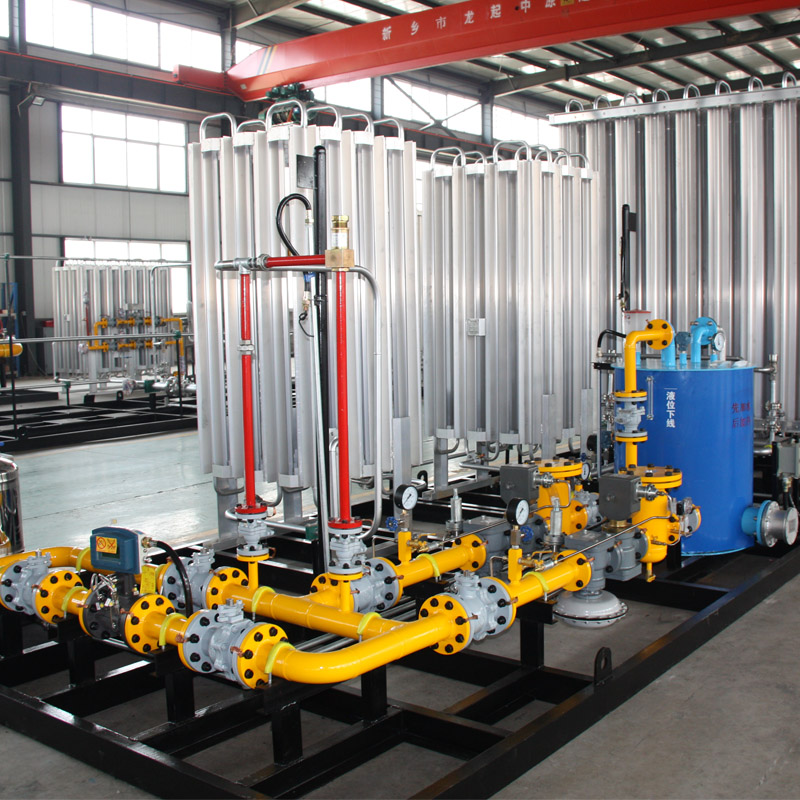
8 月 . 18, 2024 04:32
Back to list
Understanding Appliance Regulators and Their Impact on Energy Efficiency
Understanding Appliance Regulators Ensuring Safety and Efficiency
Appliance regulators play a pivotal role in the functioning of various household devices, ensuring their performance and safety. As the complexity of modern appliances increases, the need for effective regulation becomes even more crucial. This article explores the significance, functioning, types, and benefits of appliance regulators.
What are Appliance Regulators?
Appliance regulators are devices that help control and maintain the proper operation of appliances by managing factors like voltage, temperature, and pressure. They ensure that appliances operate within their designated limits, protecting them from damage that could occur due to fluctuations in power or environmental conditions. This control is essential for the longevity of the appliance, as well as for the safety of the user.
How Do Appliance Regulators Work?
The functioning of appliance regulators varies based on their type and application. For instance, voltage regulators are designed to maintain a steady voltage level for electronic devices. In contrast, temperature regulators, commonly found in refrigerators and ovens, monitor and adjust the temperature to ensure optimal cooking or preservation conditions.
Most regulators operate using feedback systems, where sensors detect changes in the operational environment, such as temperature rise or drop. Based on the readings, the regulator adjusts the input to the appliance accordingly. This constant monitoring and adjustment prevent overloads and improve energy efficiency, helping users avoid unnecessary electric bills and appliance wear.
Types of Appliance Regulators
1. Voltage Regulators These are essential for electronics and home appliances, especially in areas where power supply can be erratic. They stabilize the voltage level that reaches the appliance, ensuring that it functions optimally without risk of damage due to surges or drops.
appliance regulators

2. Thermostats Commonly used in heating and cooling systems, thermostats regulate the temperature within a specified range. They ensure that systems like air conditioners and heaters do not operate beyond necessary conditions, thus saving energy and prolonging appliance life.
3. Pressure Regulators Often found in gas appliances and water systems, pressure regulators control the pressure to ensure safe operation. In gas stoves and heaters, improper pressure can lead to unsafe combustion or even explosions, making regulators indispensable for safety.
4. Current Regulators These regulators control the amount of current flowing to an appliance, protecting against overload and maintaining operational efficiency. They are vital in devices like motors and transformers where excessive current can lead to overheating and breakdown.
Benefits of Using Appliance Regulators
The incorporation of regulators into appliances brings about numerous benefits. Primarily, they enhance safety by preventing malfunctions and potential hazards. By maintaining appropriate levels of power, temperature, and pressure, regulators reduce the risk of fires, explosions, and other safety incidents.
Moreover, appliance regulators contribute significantly to energy efficiency. By ensuring that appliances operate under optimal conditions, they help reduce energy consumption, translating into cost savings for users. Additionally, appliances equipped with regulators tend to have a longer lifespan due to reduced wear and tear, further enhancing their economic value.
Lastly, appliance regulators support environmental sustainability by minimizing energy waste. As consumers and manufacturers become increasingly aware of their environmental impact, regulators play a crucial role in fostering responsible energy use.
Conclusion
Appliance regulators are an integral part of modern household appliances, ensuring safety, efficiency, and sustainability. Their ability to monitor and control essential parameters allows for the reliable functioning of devices while also protecting users and the environment. As technology continues to evolve, the role of appliance regulators will likely become more prominent, highlighting their importance in every home. Understanding their function and benefits can help consumers make informed decisions, ultimately leading to safer and more efficient household management.
Latest news
-
Unlocking The Quality Gas Pressure ReducersNewsNov.01,2024
-
The Role of Gas Pressure Reducing StationsNewsNov.01,2024
-
The Importance and Functionality of Safety Relief ValvesNewsNov.01,2024
-
The Essential Role of Safety Valves in Natural Gas ApplicationsNewsNov.01,2024
-
The Essential Role of Gas Pressure RegulatorsNewsNov.01,2024
-
Enhance Your Premium Gas FiltersNewsNov.01,2024

